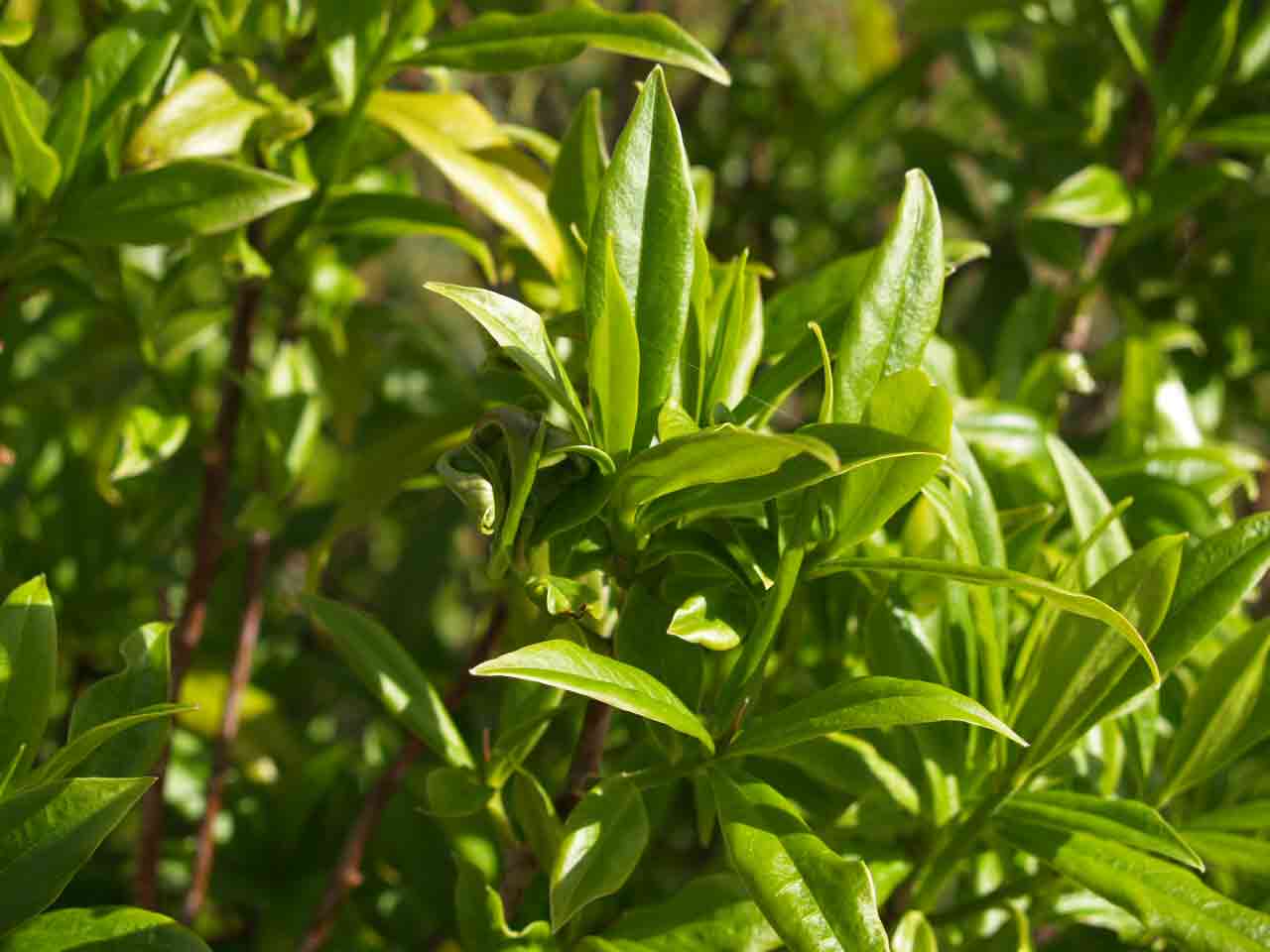Plant Viruses

Viruses are small microscopic organisms which live inside the bodies of other organisms.
They are parasites and can have a wide variety of different effects on the organism they infect.
One of the most common symptoms in plants is a change of colour in leaves/and or flowers.
Infected leaves frequently show light green or yellow patches (ie. a variegated effect) due to interruption of chlorophyll production...hence photosynthesis is reduced.
This type of infection can cause reduction of crop yield or quality, or a general stunting of the plant.
One of the most severe effects of virus would be death, although this is not common (virus can only live in a host organism while the host is alive; if the host dies, the virus dies and hence eliminates itself). Growth patterns can be disturbed and changed by virus. In some cases stunting (mild or severe) will be the only obvious effect. In other cases, virus can cause distortion in the growth (ie. twisting, blistering or other distorted formations in leaves, stems, roots or flowers). In extreme cases, leaves can be reduced to a central midrib (ie. no leaf blade at all).
Flowering and seed production can be stopped completely by a virus. Virus can also induce leaf rolling, leaf yellowing, plant wilting, changes to the physiological processes in the plant so that some functions of a cell's metabolism cease completely.
One or several of these symptoms might occur.
What Plants are Affected?
Plants which are very commonly affected by serious virus problems include: gladioli, carnations, chrysanthemums, strawberry, passionfruit, daphne and tulip. There are others, but you should watch these in particular.
Broad Bean Wilt Virus: This problem occurs during cool and cold conditions. In mildly affected plants, the leaves are mottled and curled, while in severe cases the growing tip blackens and dies. Eventually the plant itself wilts and dies. As well as Broad Bean, this virus can affect lettuce, spinach, sweet peas, lupins, fibrous-rooted begonias, ajuga and dogwood. The virus is transmitted by aphis, so spraying against aphis using Yates Rogor is important. Removing and burning infected plants prevents the disease from spreading.
Lemon Crinkle: This is a virus which occurs on Eureka and Lisbon lemons...but more severely on Eureka. Symptoms involve distortion of the fruits and leaves. Fruit becomes lumpy. Leaves crinkle and curl. The disease is known to transmit on grafting knives from tree to tree.
Lettuce Necrotic Yellow Virus: This virus causes stunted growth and yellowing and crinkling of leaves. It is spread by an aphis which feeds on sow thistle (also known as milk thistle, Sonchus oleraceus). The removal of nearby sow thistles can help to control this virus.
Mosaic Viruses: A group of viruses that are known to cause damage on apples, potatoes, roses, and cucurbits. Symptoms have a blotchy appearance which either slight dimples or unevenness in texture. Fruits when infected develop distinctive raised or pimply regions which some fruit distortion.
Passionfruit Woodiness: Vines often succumb to this virus when they are 3 to 4 years old. The rind of the fruit becomes thick and the leaves blotched with yellow. Maintaining a regular and adequate fertiliser and watering program will produce healthy and vigorous plants which are less susceptible to this virus.
Scaly Butt (Exocortis). This virus causes stunting of susceptible combinations of rootstock and top varieties, and bark scaling of Trifoliata rootstock. The disease is carried without symptoms on old line sources of Eureka and Villafranca varieties. Control is achieved by using virus free propagating material. Healthy plantings must then be protected against reinfection...this can occur even with sap carried on secateurs or a knife.
Stony Pit of Pears: The symptoms involve mild to severe dimpling and malformation of the fruit. Throughout the flesh, but particularly under the dimples, small hard 'stones' form. An infected tree often may have other symptom of poor health (eg. lack of vigour). An effective treatment is not available, other than removal of the whole tree.
Prunus Necrotic Ringspot Virus (PNRV) in Cut Flower Roses
Symptoms in roses (Rose mosaic): This shows as various line patternings depending on the particular PNRV strain, the rose cultivar and environmental conditions. It also causes flower delay in some cultivars; autumn leaf fall is earlier; there is production of more deformed flowers; and general low vigour. It is important to note that symptomless infection is common.
PNRV is only transmitted by grafting in roses. Research has shown that rootstock may also contain the virus probably due to the use of rootstock suckers from flowering plants to augment dwindling supplies of rootstock cane. Although the virus is known to be seed transmitted in some fruit trees, no scientific evidence exists at present to prove that it is spread by rose seed.
VIRUS CONTROL
Viruses are not as easy to control as most other diseases. Once a plant cell is infected with a virus, the only way to eradicate the virus is by killing that plant cell. In the case of virus, generally speaking, prevention is the only cure.
-
If a plant is infected with virus..remove and burn the plant.
-
Make sure (when dealing with plants which are very susceptible to virus) that you always start out with "clean stock" (virus free).
-
Control insects (aphis in particular)...virus are carried from one plant to another by insects (among other things). Fungi and nematodes have also been known to spread virus.
-
Use plant varieties which are more tolerant to virus (if you have a choice).
Want to Learn More?
Check out publications in the ACS Bookshop: www.acsbookshop.com
For more information on Courses on Pests & Diseases:
In Australia: www.acs.edu.au/Courses/General-Horticulture-courses.aspx
In the UK: www.acsedu.co.uk/Courses/General-Horticulture-Courses.aspx
You may also be interested in....